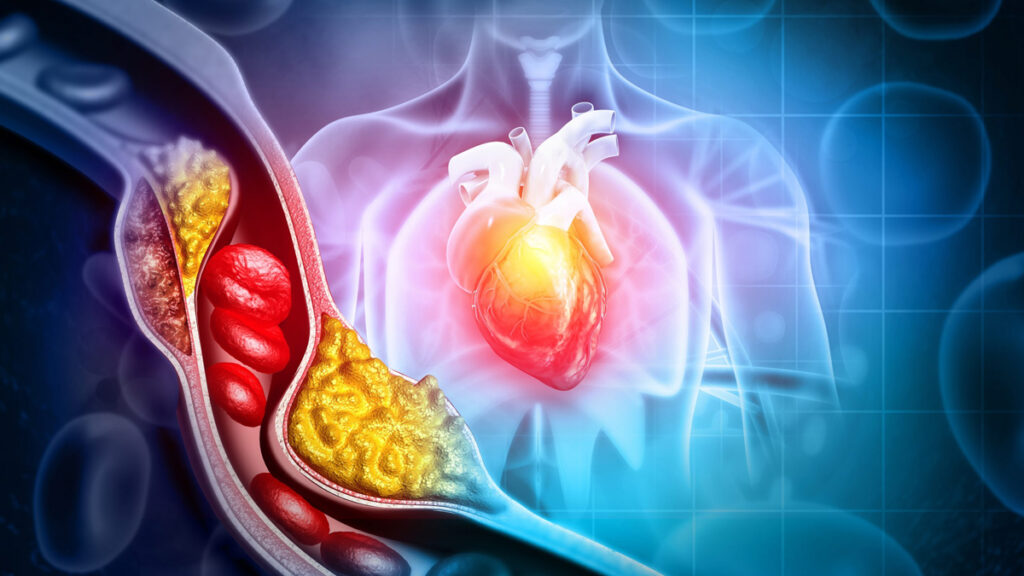Heart and other cardiovascular diseases are among the significant causes of death worldwide. The prevention, diagnosis, and treatment of heart-related disorders have considerably improved in recent years because of medical developments and the experience of cardiovascular surgeons in Dubai and cardiologists. This blog post attempts to clarify the link between cholesterol and heart disease, emphasize the value of prevention, and review the function of cardiologists and cardiovascular surgeons in Dubai.
A Connection Between Cholesterol And Heart Disease:
Your body’s cells contain cholesterol, a waxy, fatty material; you can also get it from some foods. Although the synthesis of hormones, vitamin D, and compounds that aid digestion depends on cholesterol, widely of it can harm your health, especially regarding heart disease.
Cardiovascular Disease:
Heart disease, coronary artery disease, and strokes are rare disorders categorized as heart disease, also known as cardiovascular disease. By creating plaques in the arteries, cholesterol significantly contributes to the onset and progression of heart disease.
When your blood contains excessive cholesterol, plaque can develop on the inside lining of your arteries. Plaque is a sticky substance made of calcium, fat, cholesterol, and other ingredients. Atherosclerosis is the process where the plaque accumulates and hardens over time. Because of the resulting artery narrowing, less blood reaches the heart muscle and other crucial organs.
An artery may become blocked by a blood clot or plaque ruptured, causing a heart attack or stroke. Angina (chest pain) and damage to the heart muscle might result from lower blood flow and oxygen delivery to the heart.
Among other types of cholesterol, your body has low-density lipoprotein (LDL) and high-density lipoprotein (HDL) cholesterol. LDL cholesterol is generally called “bad” since it aids in plaque formation. LDL cholesterol is still present in the body even if HDL cholesterol, sometimes known as “good” cholesterol, helps remove it from the bloodstream and delivers it back to the liver for processing.
Risk Features For High Cholesterol And Heart Disease:
High cholesterol levels increase heart disease risk for a variety of reasons. They include the following:
- Unhealthy Diet: LDL cholesterol levels can be increased by diets heavy in saturated and trans fats, cholesterol, and processed carbohydrates.
- Lifestyle: A sedentary lifestyle can result in weight gain, high blood pressure, and unfavorable cholesterol levels.
- Smoking: Smoking weakens blood arteries, reduces HDL, the “good” cholesterol, and raises the risk of atherosclerosis.
- Obesity: Carrying extra weight, especially around the waist, is linked to higher triglyceride and LDL cholesterol levels.
- Genetics: A family history of excessive cholesterol or heart disease may increase an individual’s susceptibility.
A Prevention Strategy For Heart Disease:
For heart disease prevention, controlling cholesterol levels is essential. Following are some tips for preserving healthy cholesterol levels and lowering your risk of heart disease:
- Healthy eating: Lowering LDL cholesterol levels can be accomplished by consuming a balanced diet of fruits, vegetables, whole grains, lean meats, and good fats like omega-3 fatty acids.
- Regular exercise: will help enhance heart health and raise HDL cholesterol levels. Moderate-intensity aerobic workouts should be performed at least 150 minutes weekly, including brisk walking or cycling.
- Smoking Cessation: To lower your risk of heart disease, you must stop smoking. Medication, therapy, and support groups can all help with the process.
- Weight management: Keeping a healthy weight by exercising regularly and eating a balanced diet might help control cholesterol levels.
- Medication: When lifestyle changes alone are insufficient to manage cholesterol levels, medical practitioners may occasionally prescribe medication, such as statins.
Seeking Professional Guidance From Cardiologist In Dubai:
The German Heart Center in Dubai is recognized for its cutting-edge healthcare system and highly qualified cardiologists focusing on preventing and treating heart disease. Cardiologists in Dubai are essential in determining a person’s cardiovascular health, making diagnoses, and developing individualized treatment programs. Cardiologists can monitor cholesterol levels and efficiently adopt preventive measures with regular checkups and consultations.
Conclusion:
Promoting heart health and lowering the risk of cardiovascular problems requires an understanding of the link between cholesterol and heart disease. People can prevent heart disease and maintain their cholesterol levels by leading a healthy lifestyle that includes a balanced diet, frequent exercise, and other preventive measures. Consultations with expert cardiologists at Dubai German Heart Center will provide thorough treatment and personalized advice for optimum heart health. Book your appointment now with the world class Cardiovascular surgeon in Dubai.

